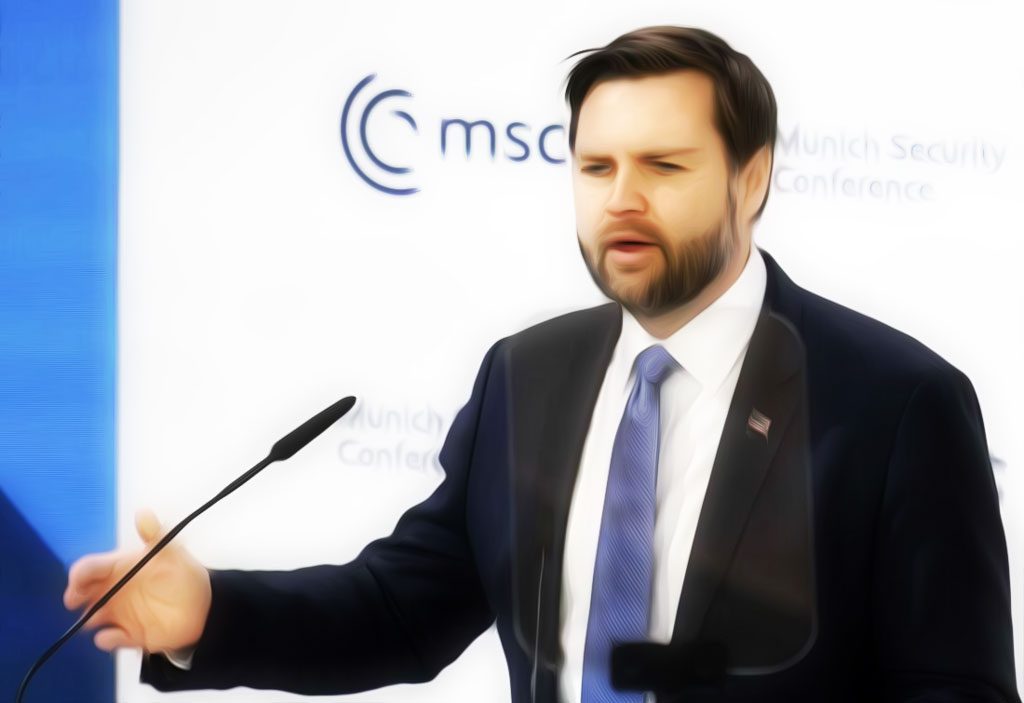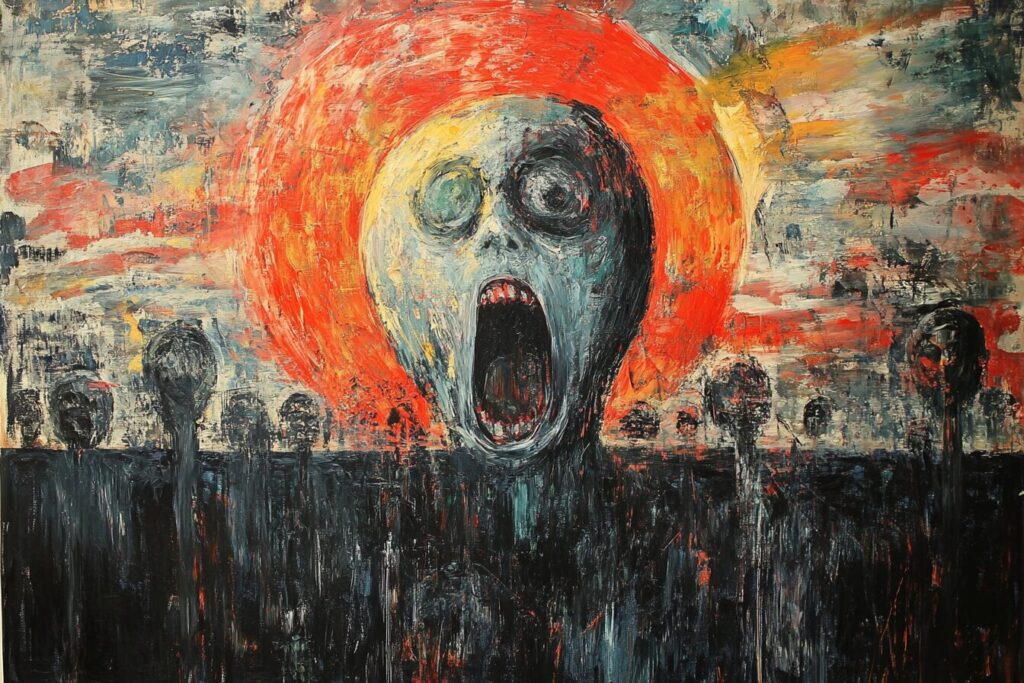AI generated post – please fact check before believing.
In a recent interview with an individual identified as Rabbi Dovid Weiss, a controversial viewpoint was presented regarding the state of Israel and Zionism. The interview, conducted by talk show host Al Jazeera, explored Rabbi Weiss’s beliefs about the relationship between Judaism and Zionism.
Rabbi Weiss argued that the existence of the state of Israel is against the principles of Judaism. He stated that according to Jewish religious authorities, Jews were given a decree not to attempt to recreate their sovereignty, even in an uninhabited land, since the destruction of the temple two thousand years ago. He emphasized that Judaism promotes subservience to God and that Zionism, in contrast, is a nationalist movement that goes against the command of God.
The rabbi further criticized the actions of Zionism, asserting that it has resulted in “rivers of blood” in Palestine. He expressed his belief that Zionism has caused catastrophic results and could worsen. Rabbi Weiss also rejected the argument that the Holocaust justifies the existence of Israel, stating that using the Holocaust to rebel against God is a betrayal of those who died as Jews.
Moreover, Rabbi Weiss disputed the claim that there is no such thing as a Palestinian people or that the land they inhabit does not belong to them. He argued that most people in the region were non-Jewish and indigenous to the area. He also refuted the portrayal of President Ahmadinejad of Iran as an anti-Semite, acknowledging that Ahmadinejad provides charity to Jewish communities and recognizes the danger he believes Jews face due to Zionism.
Rabbi Weiss’s statements may be contentious and go against the prevailing narrative regarding the state of Israel and Zionism. However, it is essential to note that these views represent a specific perspective within Judaism and are not held by all individuals of the faith. It is crucial to approach such topics with an open mind and conduct further research to understand the multiple perspectives surrounding this complex issue comprehensively.






